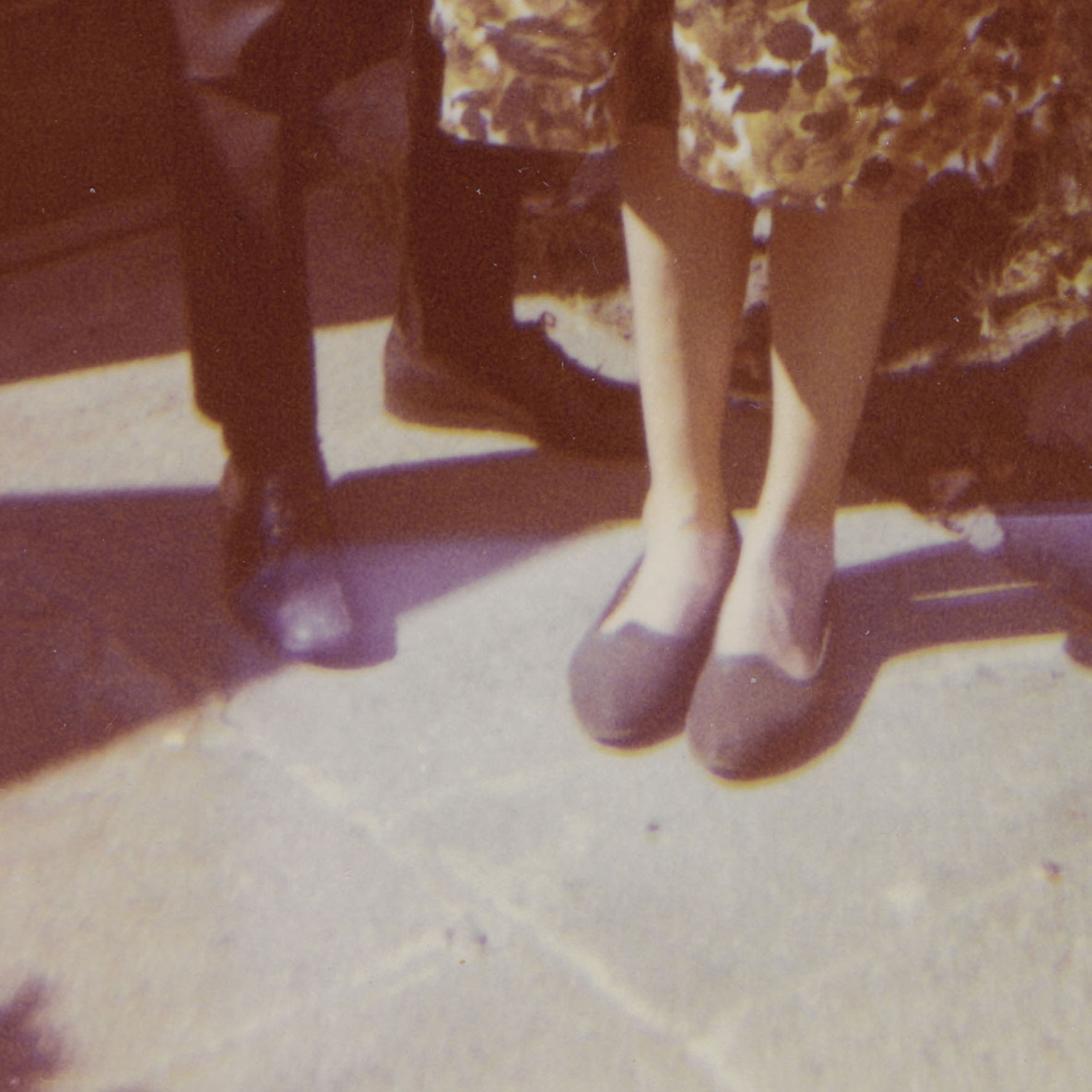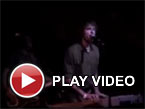Andrew Chalk & Tom James Scott, "Wild Flowers"
 In classic Andrew Chalk fashion, this wonderful new collaboration quietly surfaced last month on an extremely small label (Scott's own Skire imprint) and very nearly slipped by me entirely.  These pieces humbly originated as a few gently rippling, understated piano motifs that Scott composed while preparing for a performance at this year's F.O.N. Fest, but later evolved into something much more when the recordings were handed off to Chalk.  The resulting album is a pleasantly dreamlike, blurry, and spectral affair, approximating a very appealing middle ground somewhere between Harold Budd's liquid-y pastoralism and Morton Feldman's queasily dissonant pointillism.
In classic Andrew Chalk fashion, this wonderful new collaboration quietly surfaced last month on an extremely small label (Scott's own Skire imprint) and very nearly slipped by me entirely.  These pieces humbly originated as a few gently rippling, understated piano motifs that Scott composed while preparing for a performance at this year's F.O.N. Fest, but later evolved into something much more when the recordings were handed off to Chalk.  The resulting album is a pleasantly dreamlike, blurry, and spectral affair, approximating a very appealing middle ground somewhere between Harold Budd's liquid-y pastoralism and Morton Feldman's queasily dissonant pointillism.
The first side of Wild Flowers (it is currently a vinyl-only release) is consumed entirely by its longest piece, the 19-minute "Speaking To The Rose."  Another major piece, "Hornbeam," composes the bulk of the B-side, but there is also room for a few short, more divergent pieces.  Both of the major pieces share an extremely similar aesthetic, so there is not much point in differentiating them, aside from stating that "Rose" feels more bittersweet and meditative, while "Hornbeam" has a bit of a disquieting edge to it.  I hate to use the word "ambient" here, as that seems woefully insufficient, but that is truly the closest available signpost: Chalk's subdued strings form a hazy, melancholy fog around Scott's simple, languorously unfolding melodies, achieving a kind of bleary and beautiful drifting stasis.
There is never any sense that either piece is progressing towards anything in particular in a conventional sense, as all the important activity occurs at a more subtle, small-scale level.  The most beautiful single aspect of both "Rose" and "Hornbeam" is the same: the way that each of Scott's notes seems to hang in the air gently quivering after being struck.  I realize that is probably a very simple trick (add reverb), but it is executed beautifully, as there is plenty of space between notes to enjoy the decays, afterimages, and shifting harmonies left in their wake.  Also, Chalk's strings are employed masterfully throughout, alternating between ghostly near-silence and well-timed swells of coloration.  The overall effect is a very mesmerizing and enigmatic reverie that both musicians skillfully avoid disrupting with any missteps or overly dramatic gestures.
Curiously, Scott and his piano seem completely absent from the two shorter string-based pieces ("Mayfly" and "Illumine"), which makes me think that Chalk belatedly composed them himself to give the album a more compelling arc (and to presumably fill the remaining space on the second side of the record).  Regardless of their origins, their presence is quite welcome–particularly the roiling grandeur of "Mayfly," which serves as a very effective bridge between the much more subdued long-form pieces.  The one-minute-long "Illumine" seems to be just a brief reprise of "Mayfly," but its slow, graceful fade in and out makes for wonderfully bittersweet and Romantic coda to yet another gorgeous Andrew Chalk album.  This was definitely an inspired pairing, as Chalk and Scott's complementary styles seem to bring out the best in one another.
 
 



